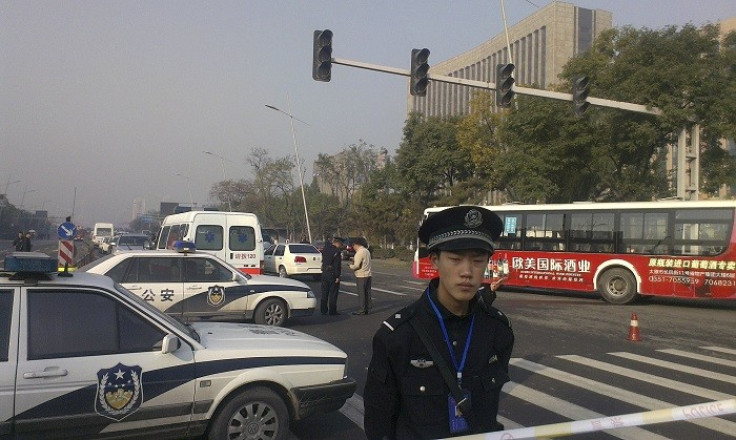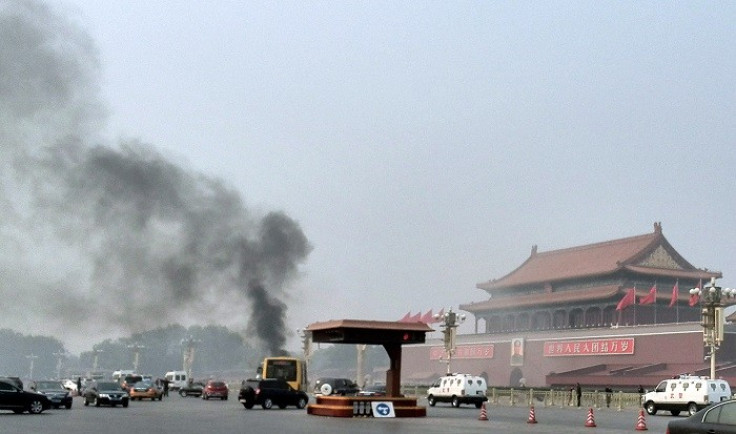Eleven Die in Violent Clashes in China's Xinjiang Region

Clashes in China's restive northwest Xinjiang province have left 11 people dead, including two auxiliary policemen.
Nine axe-wielding attackers were shot dead in an assault on a police station on Saturday amid growing unrest in the region, reports China's state news agency Xinhua.
The Xinjiang regional government said in a statement that a further two police officers were injured in the attack, which occurred in Bachu county's Serikbuya township, near the historic city of Kashgar.
The majority of Xinjiang's population is made up of the region's native Turkic Muslim Uighur ethnic group and the province has been the site of a long-running insurgency against Chinese rule led by the separatist East Turkestan Islamic Movement (ETIM).
Xinjiang regional government officials identified one of the attackers as bearing a name of apparent Uighur origin.

Beijing often blames the ETIM for violent incidents that take place in Xinjiang but many Uighurs, who commonly refer to Xinjiang as East Turkestan, say that the Chinese government uses them as an excuse for implementing repressive security measures in the region.
Five people died in a suspected suicide attack last month when a car ploughed into a crowd in Beijing's Tiananmen Square. Violent clashes have also taken place in Xinjiang in April, June and August this year. Authorities blame the violence on elements of the ETIM allied with al-Qaida.
Some nine million Uighurs live in Xinjiang but constitute a minority in the region, which is dominated by the Han Chinese ethnic group. Activists say discontent among Uighurs is fuelled by social and economic discrimination, as well as by religious and cultural restrictions.
© Copyright IBTimes 2024. All rights reserved.





